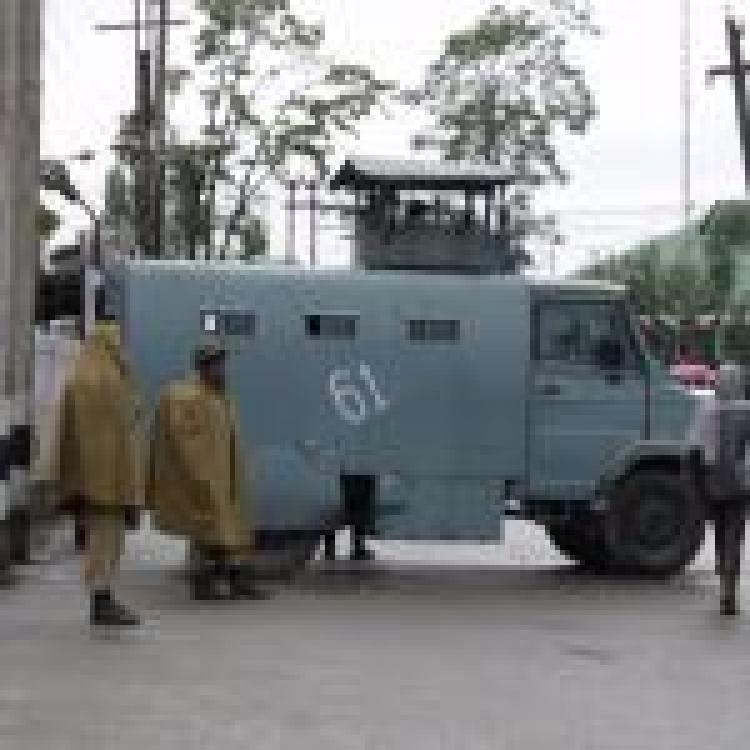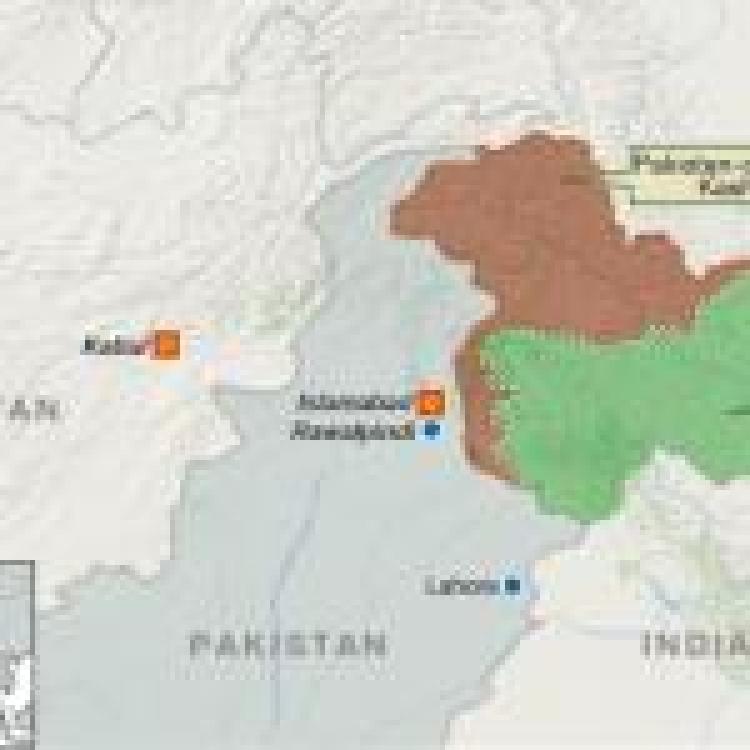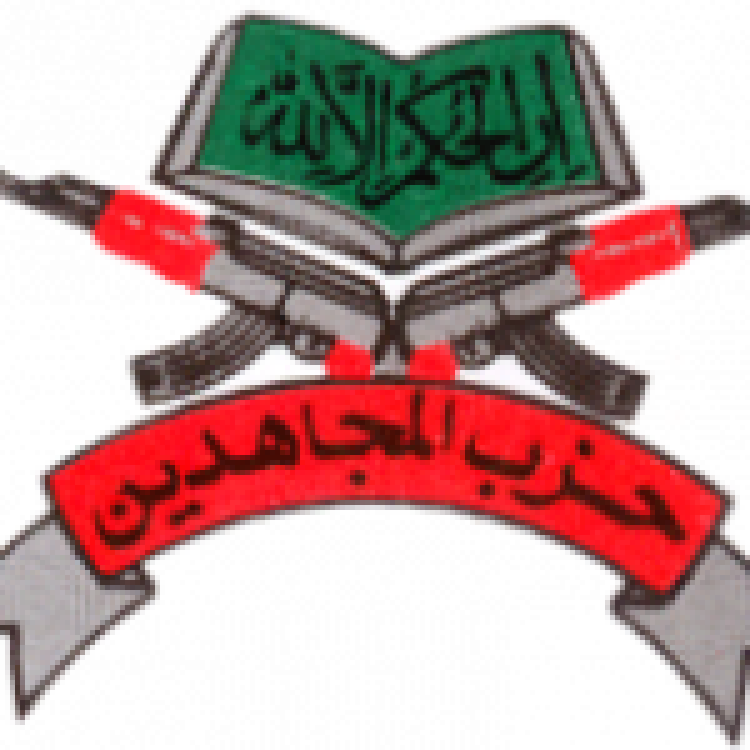
File photograph.
Human Rights Watch said India should prohibit firing metal pellets through shotguns to disperse crowds in the restive Kashmir valley, in the wake of violent clashes with security forces when people defied a ban on public gatherings imposed due to reported concerns over the coronavirus pandemic on Muharram, an important date in the Shia calendar.
As the police started firing at the crowd, it provoked retaliation from the masses who started to hurl stones at them. Dozens of civilians and police were injured in the confrontation and it has set off a debate about the use of metal pellets as a means to quell protests.
“Time and again, Indian law enforcement’s use of shotguns in Kashmir has resulted in shocking, grievous injuries of protesters and bystanders,” said Meenakshi Ganguly, South Asia director at Human Rights Watch.
India adopted the metal pellet earlier this decade as a non-lethal weapon to neutralise large-scale public demonstrations in the valley. Its capacity to inflict grievous wounds on vulnerable parts of the body, not least the eye, has made it the subject of a polarised debate.
“According to the data journalism website IndiaSpend, pellets fired from shotguns blinded 139 people between July 2016 and February 2019. In January 2018, Jammu and Kashmir Chief Minister Mehbooba Mufti told the state assembly that 6,221 people had been injured by pellets between July 2016 and February 2017 and among them, 782 people had eye injuries,” Human Rights Watch reported.
The Armed Forces Special Powers Act (AFSPA) in place in Kashmir gives wide leeway for the army in the region and cases of soldiers harming civilians with impunity are also on the rise.
“Indian leaders who claim that their policies are improving the lives of Kashmiris cannot disregard that security forces are maiming, blinding, and killing people,” Ganguly said. “The Indian government should cease the use of shotguns firing metal pellets and review its crowd control techniques to meet international standards.”
The Indian government revoked an article of the constitution last year that granted special status to the only Muslim-majority state in the country. It also dismembered the state into two parts and put them under the direct governance of the central government. Kashmir has been under lockdown since much before the Covid-19 pandemic set in. The situation in the valley is extremely precarious right now given the rise in a sense of disenfranchisement among the population and the growing disregard for popular sentiment on the part of the state.



